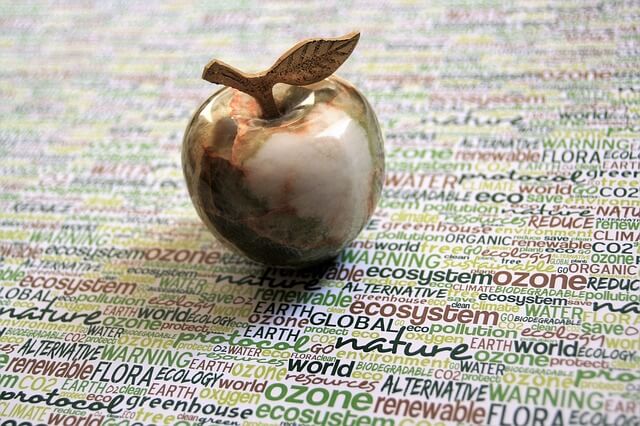Greenwashing – how it works?
Nowadays trend for life in harmony in with nature becomes more and more popular. As a consequence entrepreneurs increasingly encourage customers to purchase their products or use their services by presenting their economic activity as environment-friendly. However, in many cases it is only a sales pitch and information facilitated by entrepreneur has little to do with the truth. Customers have more and more problems with distinguishing between real involvement in environment protection and practices termed “greenwashing”.
Currently one of the most popular trends is marking products which reach the shelves with terms “bio” or “eco” what is supposed to indicate their natural or ecological character. However, entrepreneurs use also other methods which give customers the impression that by buying a good or using a given service they do not harm the environment.
A very popular practice in many hotels of leaving tattered towels on the bathroom floors can serve as an example. It is a signal for cleaning stuff that a guest asks for a change of towels. Thanks to this practice towels are changed only at request and not everyday what creates an impression that a hotel cares for environment. In the field of products’ sale we can indicate the practice of putting information on packages that product does not contain specific harmful substances, whereas in fact product cannot contain such substances because of its nature (structure) or when use of such substances is forbidden by law.
The problem of “greenwashing”, which can be defined as making a false impression that products or services offered customers are environment-friendly, was noticed at European Union level. It is proposed to pass a law aimed at eliminating this phenomenon. New law would create classification (taxonomic) system which would allow to distinguish entrepreneurs who really care for environment from entrepreneurs who only pretend to be concerned.
It should be reminded that under European Union law Council Regulation (EC) No 834/2007 of 28 June 2007 on organic production and labeling of organic products is in force. Title IV of the Regulation regulates application of terms such as “bio” or “eco” connected with ecological production which can be used by entrepreneurs only after fulfilling specific conditions.
The judgment of Polish Supreme Administrative Court of 4 October 2018, ref. no. II GSK 2942/16, is an example of application of the abovementioned Regulation. It was stated in the judgment that marking products with the term “eco” by agricultural producer is unacceptable since he does not fulfill conditions determined in the Regulation.
However, as it was mentioned earlier, the phenomenon named “greenwashing” covers bigger spectrum of cases than just the use of terms “bio” or “eco” and it does not concern only labelling of products. The current regulation proves to be insufficient and “greenwashing” should be seen in terms of both misleading practices and the act of unfair competition.
